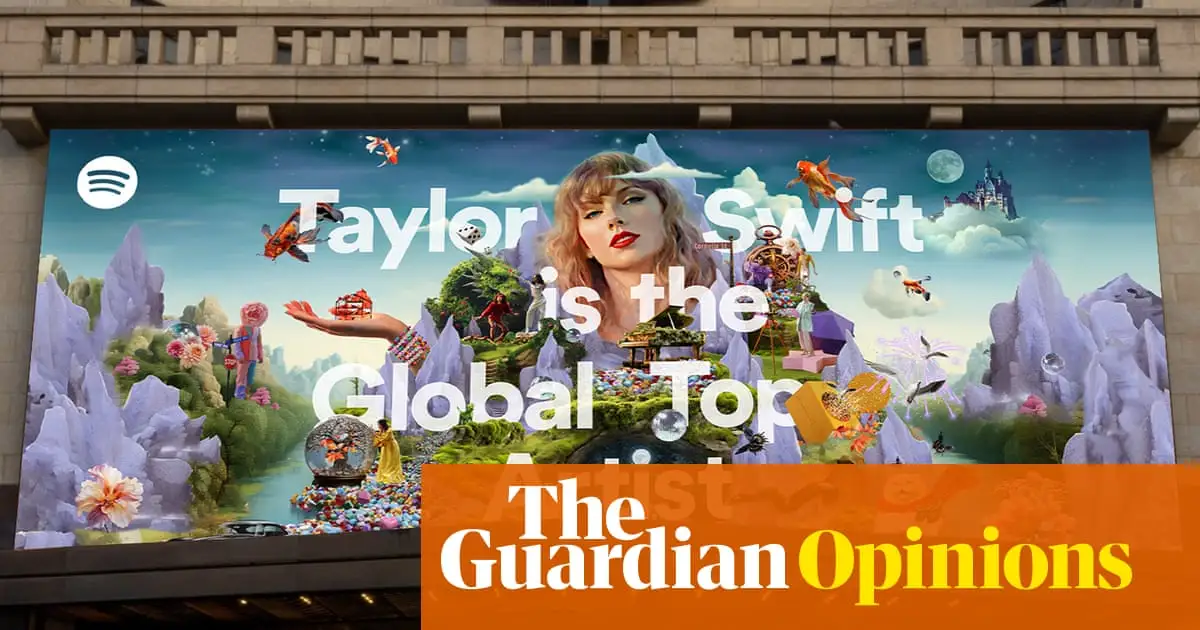Spotify made £56m profit, but has decided not to pay smaller artists like me. We need you to make some noise | Damon Krukowski
Spotify made £56m profit, but has decided not to pay smaller artists like me. We need you to make some noise | Damon Krukowski

www.theguardian.com
Spotify made £56m profit, but has decided not to pay smaller artists like me. We need you to make some noise | Damon Krukowski
